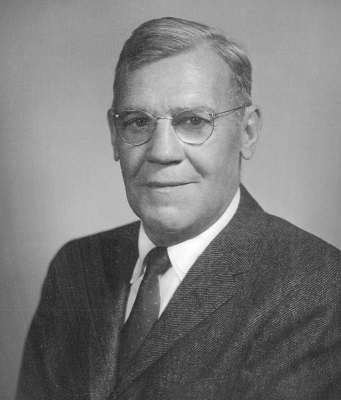Thomas Tyler, MD: Difference between revisions
Created page with "*[http://wiki.rpg.net/index.php/South_of_Hell Wiki] File:Robert_Monroe_Tyler.jpg" |
No edit summary |
||
| (2 intermediate revisions by the same user not shown) | |||
| Line 1: | Line 1: | ||
*[http://wiki.rpg.net/index.php/South_of_Hell Wiki] | *[http://wiki.rpg.net/index.php/South_of_Hell Wiki] | ||
The older, never-married brother of Walter Tyler, he is a tall, gruff man, and is semi-retired from his practice . There is a coldness in his eyes that patients find unnerving. Tyler is known to his peers as a man who was unruffled by pressure or danger. He declined the inheritance of the Tyler house and lands, subsequently assumed by Walter and Jennifer, preferring instead to maintain a small apartment in White Plains. While not serving in the Great War, he does have wartime experience: he volunteered and served during the Spanish – American War, providing medical services in Cuba. Family whispers overhead by children sneaking about and listening to late-night conversations suggested that the man that came back from the War was not the same one who had left – and now, in the wake of the Great War, the adult can understand the changes wrought within someone who witnesses such calamity. | |||
[[File:ThomasTyler.jpg]] | |||
[[File: | |||
Latest revision as of 14:51, 20 May 2015
The older, never-married brother of Walter Tyler, he is a tall, gruff man, and is semi-retired from his practice . There is a coldness in his eyes that patients find unnerving. Tyler is known to his peers as a man who was unruffled by pressure or danger. He declined the inheritance of the Tyler house and lands, subsequently assumed by Walter and Jennifer, preferring instead to maintain a small apartment in White Plains. While not serving in the Great War, he does have wartime experience: he volunteered and served during the Spanish – American War, providing medical services in Cuba. Family whispers overhead by children sneaking about and listening to late-night conversations suggested that the man that came back from the War was not the same one who had left – and now, in the wake of the Great War, the adult can understand the changes wrought within someone who witnesses such calamity.
